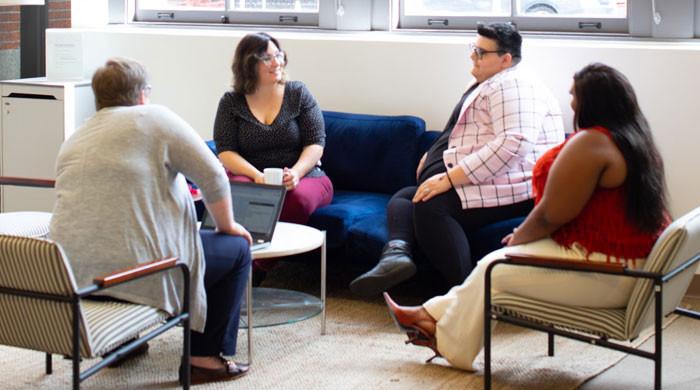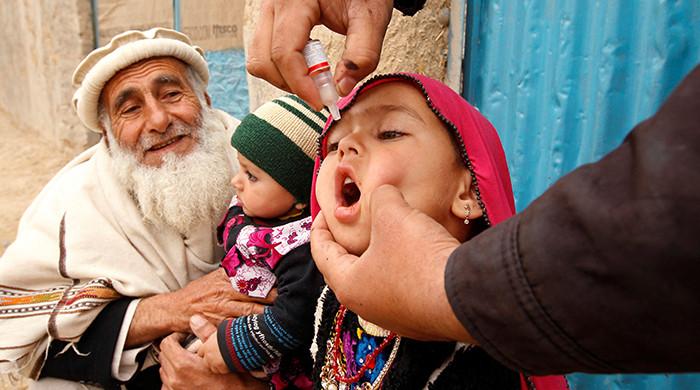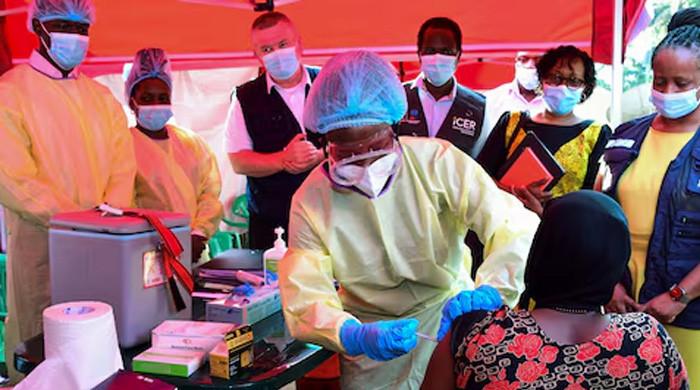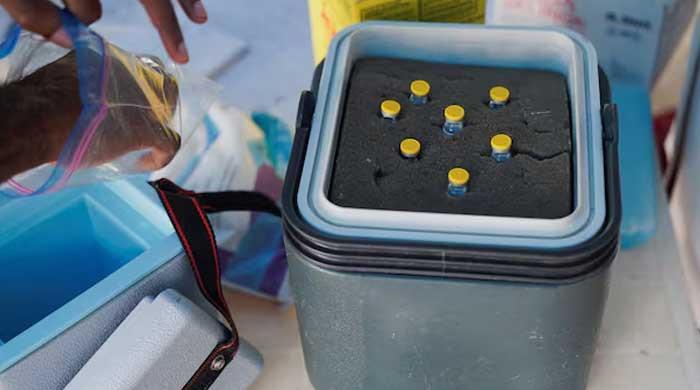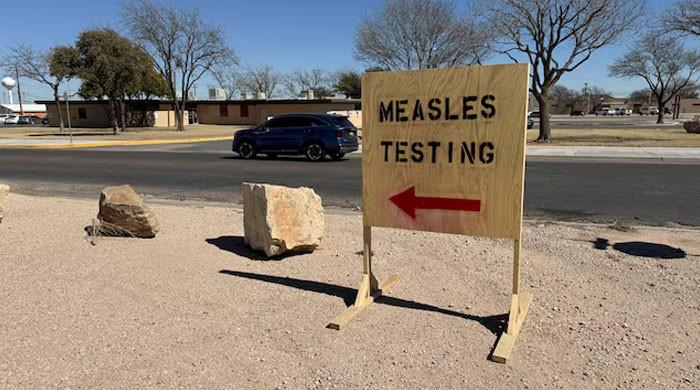Australian scientists have 'game changer' in fight against coronavirus
China was quick to sequence the genome of the coronavirus and make it public, allowing scientists around the world to develop diagnostic tools and winning praise for its efforts
January 29, 2020
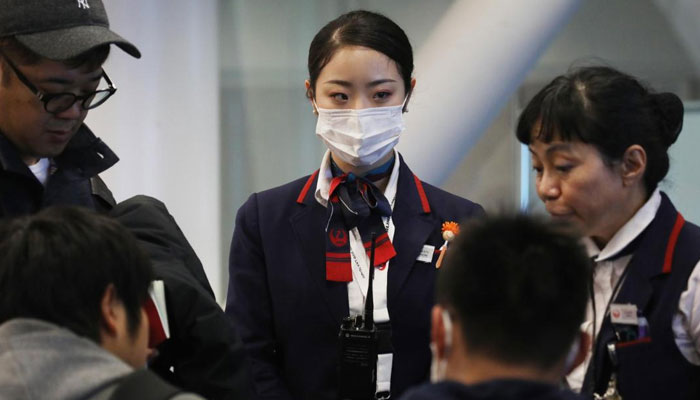
SYDNEY: Scientists in Australia have successfully replicated the deadly Wuhan coronavirus, in what they said would be a "game changer" in the fight against a deadly epidemic which has stricken thousands.
The Doherty Institute in Melbourne announced Wednesday that it had grown the novel coronavirus in cell culture from a patient sample, the first time the virus has been replicated outside China.
"Having the real virus means we now have the ability to actually validate and verify all test methods, and compare their sensitivities and specificities," virus identification laboratory head Julian Druce said.
"It will be a game changer for diagnosis."
China was quick to sequence the genome of the coronavirus and make it public, allowing scientists around the world to develop diagnostic tools and winning praise for its efforts, in contrast to the SARS outbreak of 2002-2003.
However, China has not shared the virus itself with laboratories worldwide -- which the Australian lab will now do via the World Health Organization (WHO) -- though the WHO announced Tuesday that Beijing had agreed to allow a team of international experts into the country to work with their Chinese counterparts.
Doherty Institute deputy director Mike Catton said the new finding meant scientists could now create an antibody test that would allow the coronavirus to be detected in patients who had not displayed any symptoms.
"An antibody test will enable us to retrospectively test suspected patients so we can gather a more accurate picture of how widespread the virus is, and consequently, among other things, the true mortality rate," he said.
"It will also assist in the assessment of effectiveness of trial vaccines."
Governments, universities, and medical corporations worldwide are racing to develop a vaccine against the coronavirus, a process that could take months.
The virus, which is believed to have originated in a wild-animal market in the central Chinese city of Wuhan, has infected more than 4,500 people in China and killed more than 100.
More than 50 million people have been locked down in and around Wuhan, in a bid by authorities to stop an infection that has since spread to more than 15 countries.




